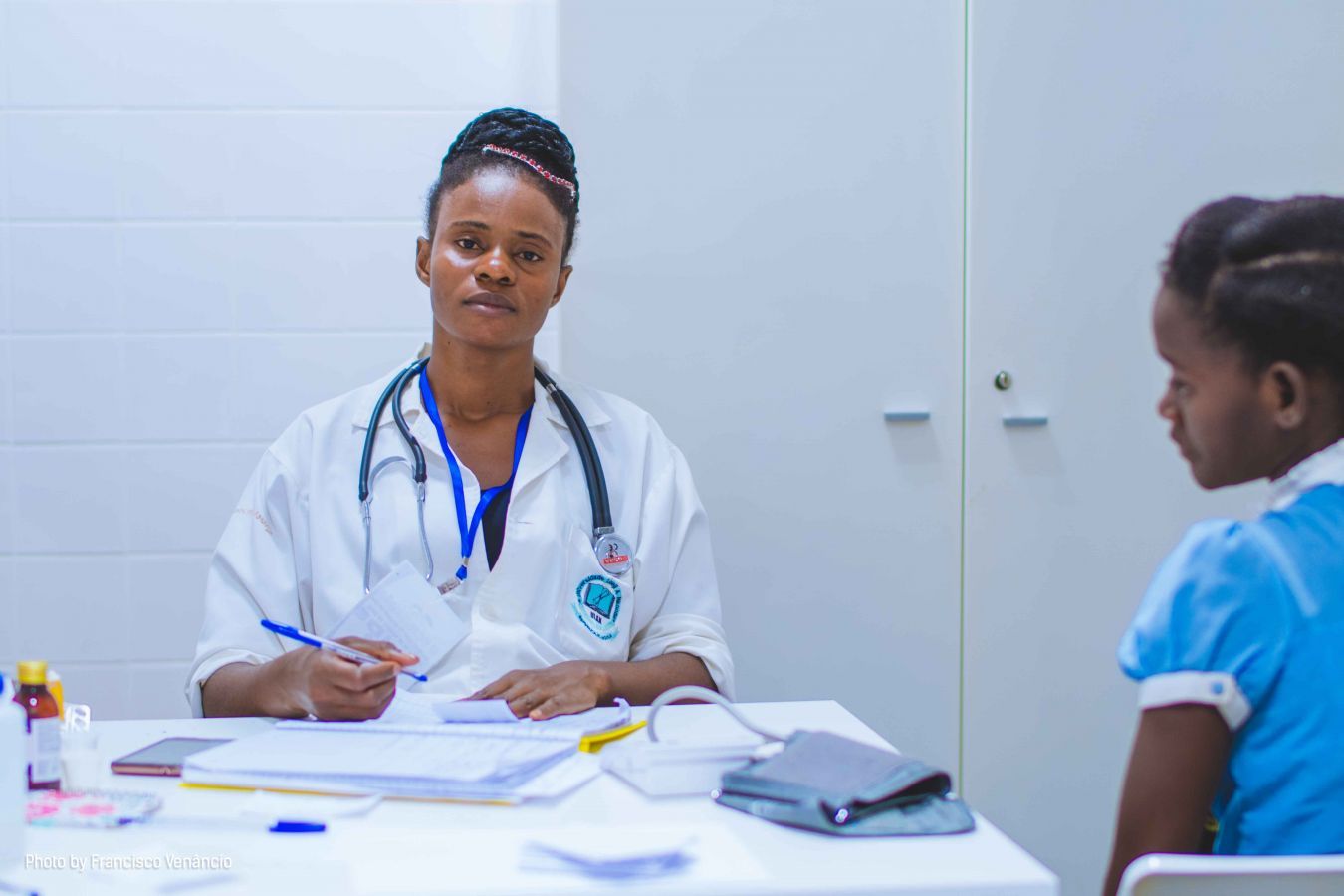Leveraging community health work, citizenship and public authority in northern Kenya
Media
Image

Blog content
What do we mean by ‘voluntarism’ within healthcare? Is it right and just to expect volunteers to be the frontline of delivering healthcare in African countries, when we wouldn’t expect that in most European and North American settings? Where volunteers have undoubtedly supplemented health delivery in Europe during the pandemic, they have long been central to primary healthcare in low-income countries.
The expansive literature on Community Health Workers (CHWs) ‘effectiveness’ assumes that CHWs have always been and will always be present, whereby emphasis on their low-cost and replicability prevail. Dr Kathy Dodworth’s research unpacks 60-year old assumptions on CHWs to examine colonial and postcolonial legacies of unpaid work in Tanzania and Kenya. These, often gendered, narratives have fused with notions of liberal, often middle-class notions voluntarism exported by the West to continue to leverage unpaid labour in these African countries. Her work seeks to reappraise dominant framings of CHW recruitment as opportunity and empowerment through in-depth qualitative research and a feminist, anti-/postcolonial approach. Ultimately, she seeks to interrogate whether global health drives entrenching CHWs’ labour are based on unequal - or regressive - assumptions.
Dr Dodworth’s thesis ‘Legitimation as practice: crafting space to govern in Tanzania’, at the intersection of International Relations, African Studies and critical theory, won the University of Edinburgh’s School of Social and Political Science Outstanding Thesis Award. It explored the legitimation practices of NGOs in postcolonial Tanzania in the wake of Nyerere’s socialism, peak liberalisation, decentralization and the proliferation of NGOs in coastal Bagamoyo. Here she explored voluntarism for the first time, whereby local village executors volunteer others without their meaningful consent to work with NGOs, whereby such volunteers confer legitimacy to such initiatives.
In her current research project, Dr Dodworth builds on her findings in Tanzania to explore through Community Health Workers both the materialities and ideas of voluntarism in Kenya, including the legacy of harambee. Harambee was particularly prevalent in the years following independence, promoting notions of good citizenship and self-help to leverage voluntary work, often by women, and so has long-permeated nation-building and remains an emblem of the Kenyan government. Where Tanzania initially went down the route of socialism, Kenya has, so Dodworth said, had capitalism and private property in its DNA from the first year of independence. This makes the exploration of potential overlaps and divergences between the two countries especially interesting.
Her current research will be centered in the county Isiolo, long marginalised as Kenya’s ‘backward’ north. In Kenya, workers are not referred to as ‘community health workers’ - which is the default in Africa - but were retitled as ‘community health volunteers’ (CHVs) by the Ministry of Health, rearticulating their junior position. Indeed, in July 2021 as volunteers protested their missing stipends, a member of government responded angrily: “Nobody employed you. If you don’t like it, you can quit.”
As this anecdote shows, not being on the government payroll places CHVs in a more precarious positions, unable to advocate for their rights.
Her project asks:
- How is community health work and recruitment described by key global health agencies and INGOs in policy, briefing and guideline documentation?
- What repertoires are invoked in the recruitment of health ‘volunteers’ by the Kenyan government, by county, village and INGO bodies in Isiolo, and by community health workers themselves? How do they impact the legitimation of community health workers?
- Do questions 1 & 2 contribute to the undervaluing of community health workers’ labour and, if so, how? How does this interweave with inequalities in modalities between the minority and majority worlds?
Dr Kathy Dodworth’s project runs from July 2021 until October 2025. She is a Wellcome Trust Research Fellow, who previously worked for INGOs in sub-Saharan African on education and health. Kathy is working with the University of Nairobi to recruit various postgraduate alumni for her research team.
Professor Charles Owuor Olungah of the Department of Anthropology, Gender, and African Studies at the University of Nairobi.
Dr Ayaz Qureshi of the Department of Social Anthropology and head of the Edinburgh Centre for Medical Anthropology at the University of Edinburgh.
Dr Kevin Donovan is Assistant Professor of Economics at the Yale School of Management.
Dr Hannah Elliot is a Social Anthropologist on political and economic transformation in eastern Africa, at the Copenhagen Business School.
